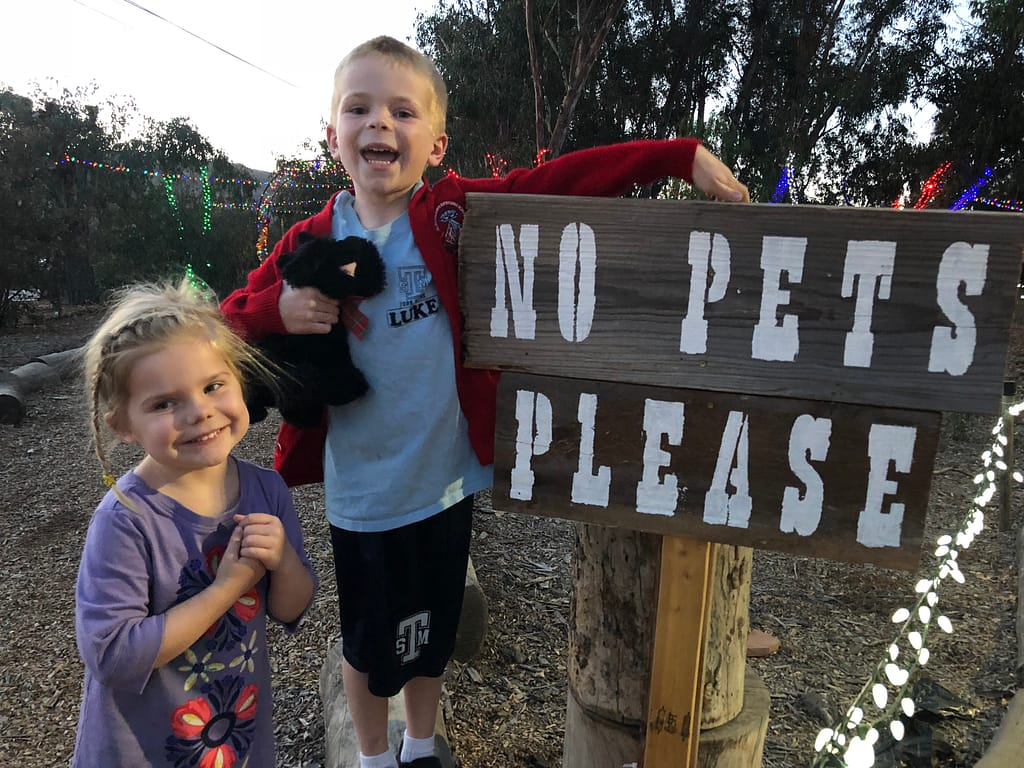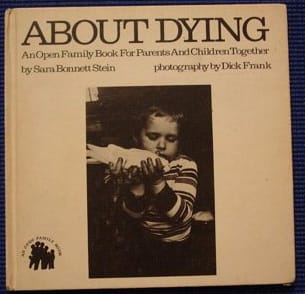
“Mommy. I don’t ever want to die,” our three year-old said to me as we were eating a picnic lunch in our backyard today.
This may seem like a heavy topic for a Monday afternoon, especially for one so young. I understood the context of her question, though. The night before, she had been as close to death as she ever had been, in her short life.
Last night, we were finishing dinner and our son had found the glow stick bracelets that Dave had bought for the Fourth of July a couple years ago. When our son went out into our atrium to see the brightest possible glow, a small bird flew into the house. The bird flew all around our downstairs, as we frantically opened all the doors and attempted to shoo it out to freedom.
During our scurrying about (as the bird eventually made it up to the third story of the house: my loft home office), I kept coming up with a list of people who probably would know how to get a bird out of a house:
- My Mom
- Sandie’s husband
- Maha Bali (I have no idea why she came to my mind in this instant – our minds are mysterious things)
- And (eventually) – the internet
I wanted to call them (or, in Maha’s case, send a Twitter DM), but it seemed a ridiculous thing to do in the middle of the chaos.
Thinking back now, I wish I would have consulted at least the internet, as it would appear that maybe the fate of the bird could have been different. I don’t want to say exactly what happened in the flurry, lest I share parts of the story that others would rather I not share.

Let’s just say that my office is now covered in tiny bird feathers and our kids are asking a lot of questions about death.
The whole experience reminded me a lot of one of my favorite books from my childhood: About Dying, by Sara Bonnett Stein. Our kids got to share how they felt about the bird dying in their own unique ways, including our son’s deep desire to reincarnate the bird and both kids’ description of what they think it is like when people (and animals) die.
Why am I writing about this experience on a blog about teaching?
Because I keep going back to my conversation with Robin DeRosa and my experience writing an open textbook with a class for the first time. Talking with Robin, I was sharing how often I still wrestle with wanting teaching and learning to be more predictable, even though I no longer believe that to be possible in my intellectual mind.
Robin spoke about not thinking that learning is ever happening until things get messy (my word; not hers). She celebrated the sense of agency that comes when students begin to advocate for their own needs and go against what may be prescribed for them within a given learning context. Robin said, “Push back against a teacher is a win for open [education].” Later on, she emphasized that all of this unlearning of the traditional means of “learning” helps students become:
…shapers of knowledge, not consumers of it.”
Open Textbook – Beginnings and Endings
This past weekend, I just finished my doctoral class in which we “threw away” the traditional textbook for a class like this and wrote our own. I cannot tell you that it wasn’t anything but messy throughout the eight weeks of collaboration. Miscommunication happened. Mistakes happened. Misalignment of strengths happened. I invested more time in this class/project than I ever have in all the times I have taught it before, sometimes to my detriment.
You know what else happened?
- Tremendous learning. For every single one of us.
- A book that is the start of a conversation that I hope continues for many cohorts to come after this one.
- Something that everyone who was a part of this project can be proud of (and is proud of) – knowing that they made a contribution to a book that turned out great.
- While the book isn’t perfect, it is more than any one of us could have created in that amount of time (75 pages strong) and is the combination of over 100 years of collective teaching experience being expressed in written form.
- Multiple reports of individuals who recognized through this process how much their voices matter and that they are capable of doing something that they didn’t realize they could do.
- Plenty of dreams and goals being expressed about how individuals can now take these skills and use them in other contexts.
I plan on writing more about the specific learning I am taking away (What tools we used? Suggestions for others who want to attempt this, etc.).
In the meantime, I hope you will mourn with our family that sometimes things happen that you really wish wouldn’t have occurred. But, also celebrate that they give us opportunities to talk about hard topics and be open to what we can learn from our children’s perspectives.
I also hope you will celebrate with a group of doctoral students who gave so much of their time and talents to create a resource for preservice and new teachers, looking to use technology in their teaching. I am especially grateful to the project lead for the book: Matt Rhoads. He was such a gift to me – as well as to the entire cohort.
I will share links to the book in future posts, so you can check it out online, as well as on its own Amazon listing for buying hard copies or Kindle editions. I want to give the students authors a chance to go check it out and share it with their friends, first, and will pass it on to you soon, too. If you want to read more about others' experiences writing open textbooks, Robin's post: My Open Textbook – Pedagogy and Practice is the best resource I have found.
Your Turn
What unexpected things happened for you this term/semester that you are celebrating now, or mourning over and learning through?


Dear Bonni,
Thank you for this wonderful post and your amazing podcast. I feel inspired every time I listen to it! I wanted to share that to get a bird out of a house, they head for light. We had a bird fall down our chimney when I was growing up, so we shut off all the lights and opened a door and it flew right out.
Also, I am inspired by your question of reflecting on last semester. I also instigated an experiment this semester with my 7 week course entitled, “Strategies for Academic Success”. I had each of my 25 students take 10 minutes to teach the class about a topic that they felt would increase their academic success.
It was really messy and absolutely inspiring. I had some great feedback to find out what was important to students. Stress management was a popular topic. I felt that I learned about many different things too – like bullet journals! I was inspired by students who chose challenging things – like public speaking! I am excited to try this out again next semester and hopefully work some of the bugs out of the logistics and procrastinating students! Thank you for inspiring me:) Have a great holiday break!!
Dear Melanie,
Thanks for sharing your messy and inspiring experience, teaching the strategies for academic success course. Your advice about the bird echoed what I had read online. I guess we will know for next time, as this bird won’t get the benefit of our newfound knowledge. Thanks for listening and reading – – – and being a part of the Teaching in Higher Ed community.